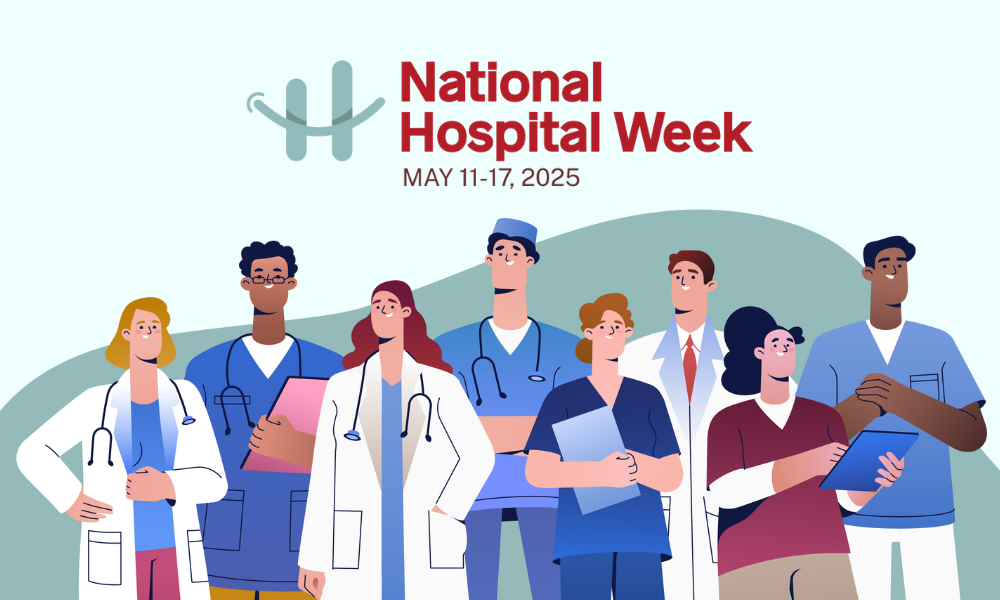A primary care physician for every American? In an urgently worded 449-page report, the National Academies of Sciences, Engineering, and Medicine, has recommended that all Americans select a primary care provider or be assigned one. “Successfully implementing high-quality primary care means everyone should have access to the ‘sustained relationships’ primary care offers,” said the influential committee of 20 experts.

“High-quality primary care is the foundation of a robust healthcare system, and perhaps more importantly, it is the essential element for improving the health of the U.S. population,” the authors note. “Yet in large part because of chronic under-investment, primary care is slowly dying.” Although primary care accounts for 35% of patient visits, it receives only about 5% of healthcare expenditures.
“Moreover, the foundation is crumbling: visits to primary clinicians are declining, and the workforce pipeline is shrinking, with clinicians opting to specialize in more lucrative healthcare fields.” To help address this problem, the report urges the Department of Health and Human Services to “redesign the graduate medical education (GME) payment system to support training primary care clinicians in community settings and expand the distribution of training sites to better meet the needs of communities and populations, particularly in rural and underserved areas.”
The panel also recommends a shift to a primary care team model that includes doctors, nurse practitioners, pharmacists, and mental health specialists. To this end, it supports dropping fee-for-service in favor of a more comprehensive, continuum of care approach. In other words: “Pay for primary care teams to care for people, not doctors to deliver services.”
In a recent interview with Kaiser Health News, California internist Dr. Tom Bodenheimer said that high-quality primary care is built on providing continuity of patient care: “W know that continuity of care is linked to everything good—better preventive care, higher patient satisfaction, better chronic care, and lower costs. It is really fundamental.”
Although the National Academies’ report does not guarantee federal action, it represents a significant milestone in making quality primary care accessible to all Americans.








